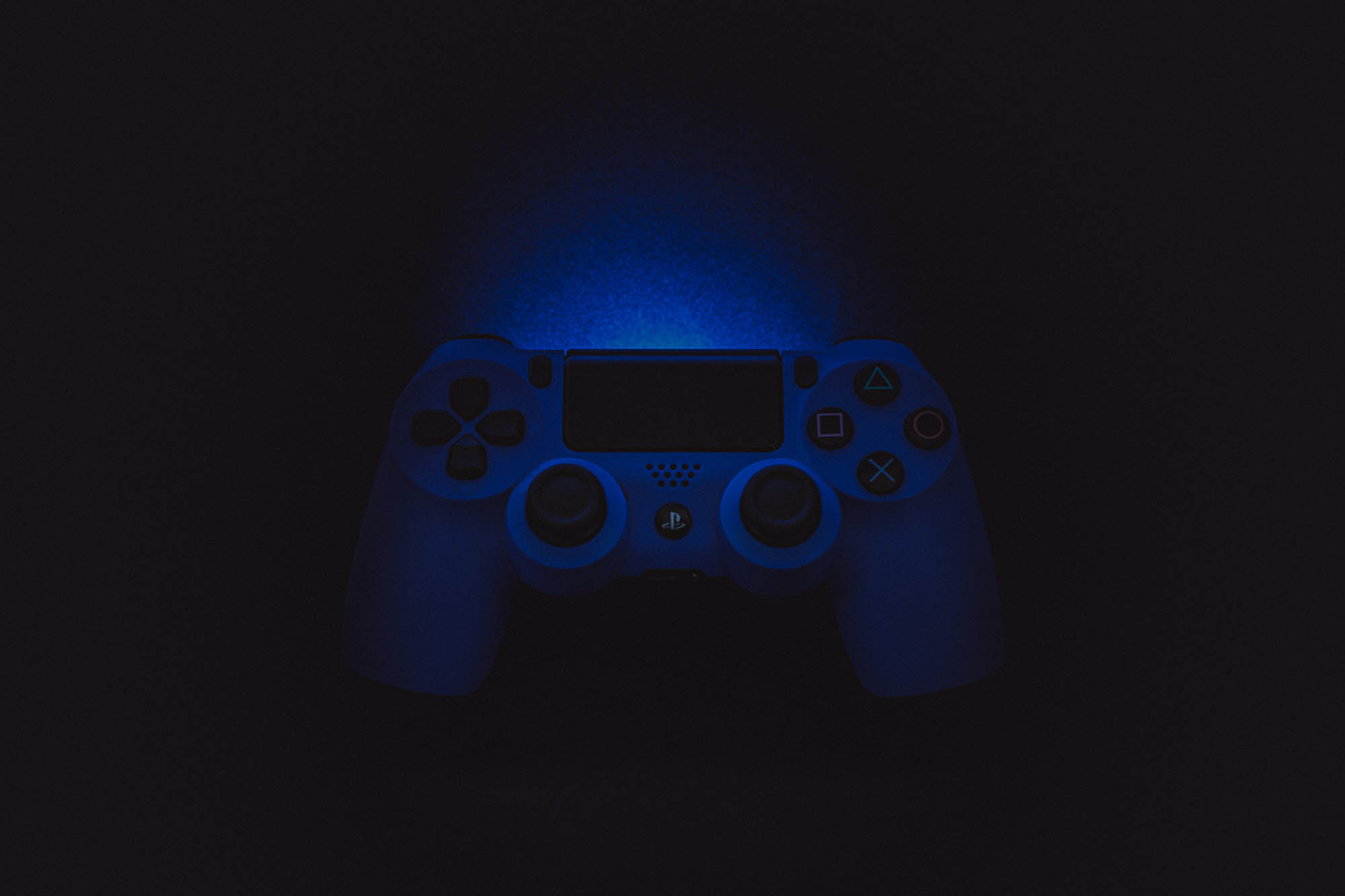Mobile Games Contextual Targeting: Game On

The mobile games ecosystem has been living in and adjusting to a cookie-less, contextual advertising world for a while.
With iOS 14, Apple’s deprecation of IDFA in April 2021 was a much-needed shock to the system for both the games and advertising industries; mobile advertising had become too intrusive from a consumer perspective. Mobile games advertising specifically had reached the point of becoming annoying, repetitive and invasive.
At the time we were asked on a regular basis, what does this mean for the nascent in-game advertising opportunity. Would it fail before it had got started?
Absolutely not!
From day one, AdInMo’s platform was built from the ground up for a cookie-less, IDFA-less, privacy-respecting advertising experience. InGamePlay brand ads deliver relevant, engaging ads in brand safe environments without a reliance on intrusive targeting identifiers.
Mobile gaming is the largest games platform, with more players than PC, console, and all other games platforms combined. The largest audiences of players are casual players, who are not only used to, but expect, free-to-play, advertising-supported gaming experiences.
But it doesn’t mean they want a bad experience.
Similar to DOOH, basic contextual information is inherent to the in-game advertising ecosystem. Likewise, the same advantages of contextual advertising on web digital advertising extends to in-game advertising: audiences self-select for the types of content they feel is relevant to them.
In the gaming world, alongside geos basic contextual data includes game genre e.g. arcade or action, age rating in the app store or are they iPhone or Android users when they are playing are useful data signals for targeting and measurement.
In addition, and unlike DOOH, in-game ads provide additional behavioural data to help further understand the player persona.
And we believe contextual advertising is only the first step to deliver truly relevant ads to audiences. Gaming can be a casual boredom buster, a hobby or passion or even income generating (pro-gamers and play and earn business models are thriving). Using machine learning to map contextual data to behavioural metrics on gaming habits helps AdInMo establish unique player personas: think late night player or the hyper casual commuter. And what about time and emotion: did the player just win or loose the big boss battle and purchase power: do they regularly buy In-App Purchases etc etc.
‘Embrace serendipity’ is one of my personal mantras. Sometimes, I’ll take a different route on my drive or cycle to my regular haunts. On these trips, I love being exposed to new businesses, buildings and places.
People do not always want or do the same thing. They are not defined by where they live or their age bracket. Advertisers need to embrace change.
Similarly, the “fuzziness” or easily-criticised imprecision of contextual advertising, vs. the theoretical (but let’s be frank not always accurate) precision of user-tracking means that new audiences can be reached and engaged via relevant and meaningful targeting.
As an industry we should be celebrating the demise of cookies and embracing contextual targeting and much more.
More…
Techstart Ventures backs in-game ad platform AdInMo in $500K seed funding round
AdInMo appoints ex-delta DNA co-founder Chris Wright as Chief Technology Officer 20th, May 2020, Edinburgh: AdInMo, the programmatic ad platform for video games, has secured a $500K investment round led by Techstart Ventures, a leading investor in start-ups across...
Introducing AdInMo’s impression checker tool: optimising ad revenue before deployment
For developers, placing ads in games has historically been an area of headaches and compromises. We all know that traditional in-game advertising sucks; this is exactly why AdInMo offers an alternative solution where the ads placed are non-interruptive, and are...
Staying at home: the staggering worldwide impact on the digital games industry
Amid the Covid-19 crisis, spending on digital gaming has reached record highs of $10.8bn in March 2020 with mobile gaming contributing more than 50% of this total at $5.7bn. This comes as no surprise as many individuals are using gaming as a positive source of...




